New Delhi: The Election Commission of India (ECI) commenced a two-day conference of Chief Electoral Officers (CEOs) from all States and Union Territories at the India International Institute of Democracy and Election Management (IIIDEM), New Delhi.
This marks the first such meeting since Gyanesh Kumar took over as Chief Election Commissioner (CEC). Over 100 officials participated in the conference, including Election Commissioners Dr Sukhbir Singh Sandhu and Dr Vivek Joshi, who deliberated on measures to enhance election management within the established legal framework.
CEC Kumar urged election officials, including CEOs, District Election Officers (DEOs), Electoral Registration Officers (EROs), and Booth Level Officers (BLOs), to work with transparency and uphold all statutory obligations in accordance with the Representation of the People (RP) Act, 1950 and 1951, the Registration of Electors Rules, 1960, and the Conduct of Elections Rules, 1961.
He also stressed the need for election officials to be responsive and accessible to political parties, ensuring regular statutory meetings to resolve any concerns within the prescribed legal framework.
The CEC further mandated that each CEO must submit an issue-wise action taken report to their respective Deputy Election Commissioner (DEC) by 31 March. He emphasized the importance of election officials being well-versed in their roles and responsibilities as per the statutory provisions and ECI guidelines.
Additionally, he directed the officials to make sure that all eligible citizens above 18 years of age are registered as voters in line with Articles 325 and 326 of the Constitution.
Special attention was also given to training BLOs to maintain a courteous approach toward electors while ensuring that no election official faces intimidation through false claims.
To enhance voter accessibility, the Commission instructed officials to strive for polling booths with an optimal range of 800 to 1200 electors, ensuring that no voter has to travel more than two kilometers to cast their vote.
Polling stations equipped with Assured Minimum Facilities (AMFs) should be established, especially in rural areas, high-rise buildings and slum clusters, to improve voter turnout in urban centers.
Furthermore, the Commission outlined a comprehensive mapping of the legal and electoral framework, identifying 28 key stakeholders in the election process, including CEOs, DEOs, EROs, political parties, candidates, and polling agents.
To strengthen capacity-building efforts, these stakeholders were divided into four thematic cohorts—Electoral Rolls, Conduct of Elections, Supervisory/Enforcement, and Political Parties/Candidates—under the supervision of four DECs in the Commission.
Also read –
One Nation, One Election Bill Reaches Parliament: Legal Experts Share Diverging Views










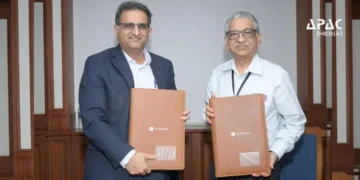
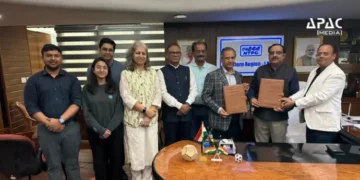










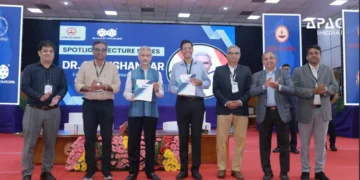






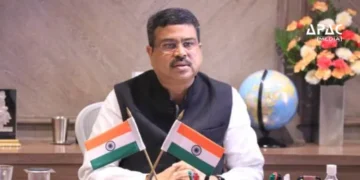










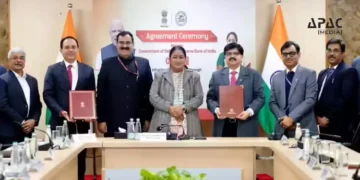

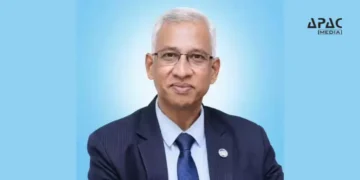


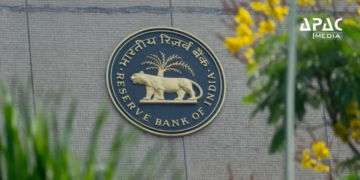























Discussion about this post